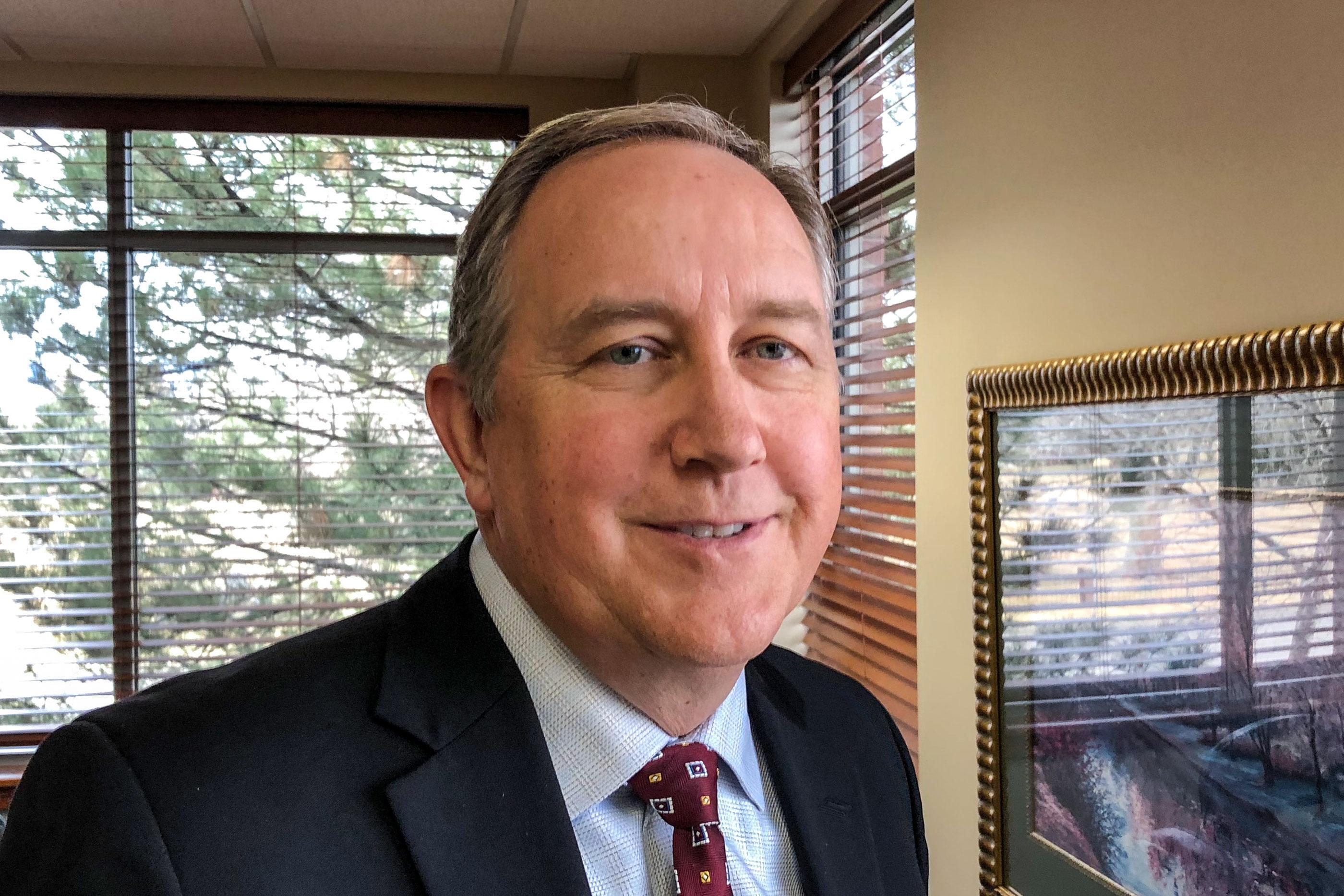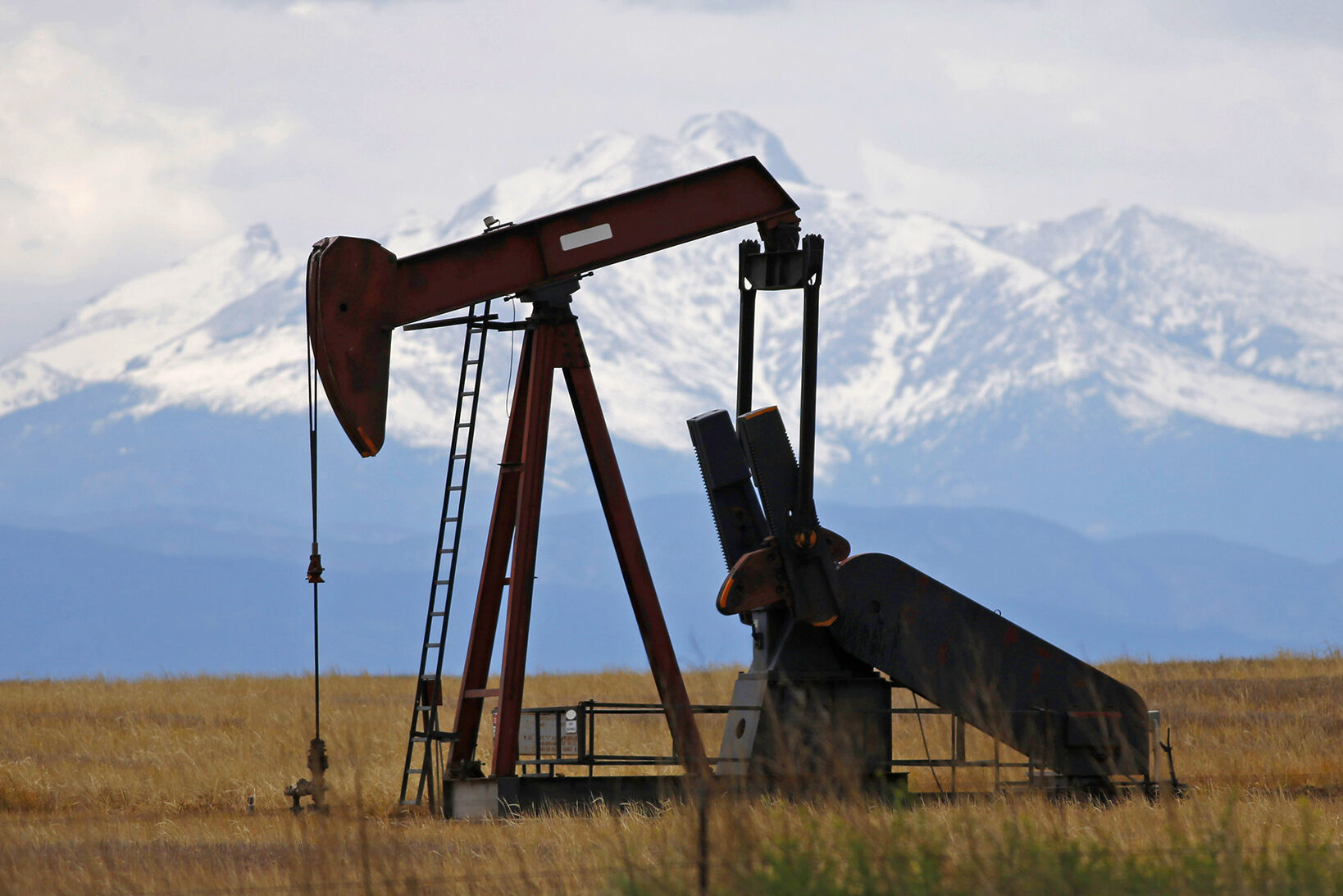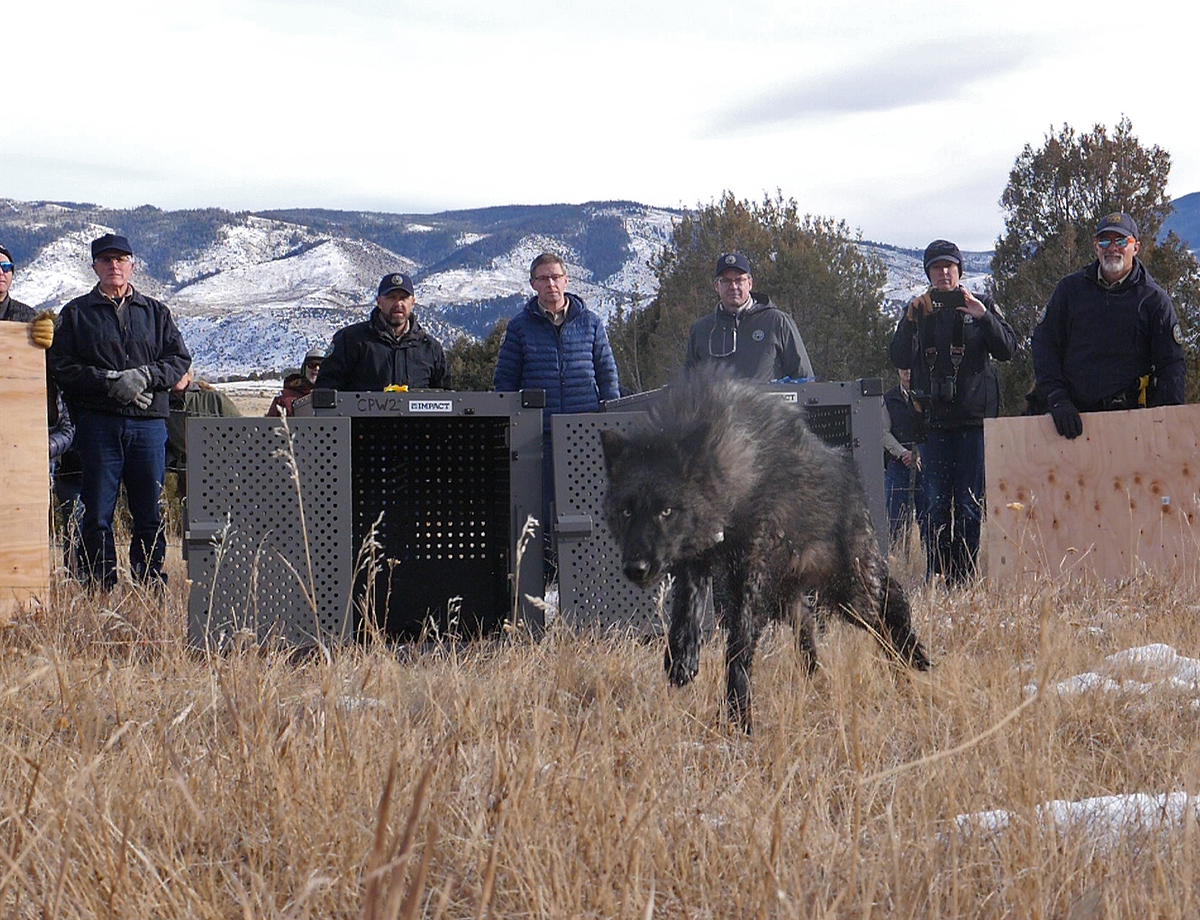

President Donald Trump’s goal to “Make America Great Again” started with reviving the economy. While there’s debate about just how much he is responsible for current meteoric growth, there’s no doubt he has had an impact.
Two words perhaps best encapsulate Trump’s real effect: tax policy.
“When you take the corporate tax rate from 39 percent down to 21 percent, it’s going to have a tremendous impact,” says Shawn Osthoff, the president of Bank of Colorado.
Lower federal taxes are a boon to his bank’s bottom line, and Osthoff joined a growing list of executives passing some of the on savings to employees. $1,000 for every one of his full-timers.
“$1,000 dollars for someone earning $15 an hour, you’re talking 3 percent plus in a one-time one-shot bonus,” Osthoff says. “That made the difference between a good Christmas and a great Christmas time, and certainly helped pay some bills.”
Stories of tax reform related bonuses are headline grabbing, but most businesses probably won’t pass the savings on to workers. One analysis from Morgan Stanley expects only 13 percent of the business tax cuts will go directly to workers. Most will go toward stock share buybacks instead.
More Than Tax Cuts, There’s Business Confidence
“The confidence index jumped in Colorado dramatically, as it did nationally, right after the election,” says Rich Wobbekind, economics professor at the University of Colorado Boulder.
The anticipation of business-friendly policies has led businesses to report near-euphoric levels confidence during most of the Trump presidency. And Wobbekind says confidence does lead to investment in workers, in equipment, in software. “And the reality is the investment is an absolutely key part for long run health of an economy,” he says.
Wobbekind points out that investment was up substantially in 2017, even before tax reform passed — maybe in response to other changes like the cutting of bureaucratic red tape.
Regulation Changes And Energy
In Denver during 2017, Trump’s Interior Secretary Ryan Zinke said “the war on energy is over.” A few months later he rolled back some public comment requirements for any drilling on federal lands.
Steven Hall, the Colorado spokesman for the Bureau of Land Management, said the Trump White House “has been very clear that increasing energy development is a priority, economic activity is a priority. And this policy will really help to drive the BLM towards that.”
Hall does concede that there’s been no increase in public land energy activity yet because of the change. The low price of natural gas, which is the primary resource on the Western Slope where the vast majority of Colorado’s federal lands are located, is probably the prime factor behind that.
Environmentalists, like Nada Culver with The Wilderness Society, don’t see a war on energy, but rather a “a war on the public.” She’s disappointed that BLM would try to juice the economy at the expense of public input on drilling.
“Those are not radical ideas, those are not red tape, those are really important principals.”
The idea of “red tape” is an easy one to attack. On the other hand, rules and regulations in all business sectors are in place for a reason. And some prominent economists say doing away with them could lead to future problems.
Trade And Immigration
One problem that could hit agriculture especially hard is Trump’s harsh anti-immigrant stance, and Professor Wobbekind says there’s some evidence that the flow of much-needed laborers has slowed.
He says one Colorado grower told him there’s an extreme lack of labor.
“Crops had rotted on the vine, they weren’t able to harvest,” Wobbekind recalls. “So they’re missing that sort of piece of the migrant labor pool, if you will.”
Trump has also contemplated withdrawing from the North American Free Trade Agreement because he claims it’s destroyed U.S. jobs. But even business groups say that would be a disaster, leading to $2 billion in lost economic output just in Colorado. The state is a major exporter of beef to Mexico and Canada.
Trump officials have brushed off concerns that they’re overheating the economy, and yet inflation and interest rates are on the rise.
“Higher cost of doing business,” Wobbekind says. “And already as [companies] are going to finance, they’re seeing higher interest rates in terms of the financing that’s out there.”
Some say that’s what’s spooked the stock market in the last few weeks.
So it’s clear that Trump is focused on created economic growth and he’s already having an impact. Whether that’s good or bad for the long term is still up for debate.









